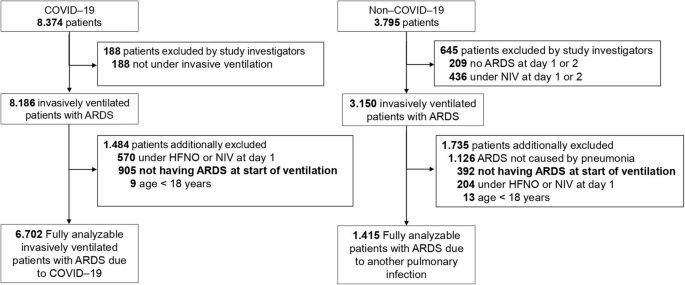Chris Veber Demands Accountability Amid Constitutional Court's Scrutiny of Vaccine Policies

Austrian entrepreneur and freelance journalist Chris Veber has issued a strong call for accountability, alleging that deliberate falsehoods have caused significant public harm. In a recent social media post, Veber stated, > "Sie haben uns angelogen. Sie wussten, dass sie uns anlügen. Sie wussten, dass uns ihre Lügen schweren Schaden zufügen. Sie müssen dafür zur Rechenschaft gezogen werden. Sonst wiederholt sich die Geschichte." (They lied to us. They knew they were lying to us. They knew their lies would cause us serious harm. They must be held accountable. Otherwise, history will repeat itself.)
This powerful statement appears to be directed at public health policies, particularly concerning COVID-19 vaccinations. In a blog post titled "GAME OVER" from January 29, 2022, Veber elaborated on his concerns, specifically citing the Austrian Constitutional Court's (VfGH) involvement. He highlighted the court's reported questioning of the COVID-19 death risk at 0.15% and its demand for data on the absolute and relative risk reduction of vaccinations.
The VfGH is reportedly seeking detailed information on hospitalization risks following infection versus vaccination, disaggregated by age cohorts and the number of vaccine doses. Veber emphasized that the court's role is to assess the constitutionality of vaccine mandates, suggesting that this scrutiny could expose vulnerabilities in the government's health policies. He also broadly implicated a "Pharmamafia" in his call for accountability.
Veber, an ex-philosopher and former Green party member, is known for his critical stance on governmental actions and public narratives, frequently commenting on issues ranging from vaccine policies to climate goals. His recent remarks underscore a persistent demand for transparency and consequences for those he believes have misled the public. His call for accountability reflects a broader sentiment among critics of pandemic-era policies, who argue for a thorough examination of decisions made during the crisis.